
Date: 2 September 2016
We’re beginning to understand that our buying decisions have a big impact on our planet - according to the global Regeneration Consumer Study, 65% of us feel “a sense of responsibility to purchase products that are good for the environment”.
It’s a shift in thinking that focuses on longevity and resourcefulness – we’re looking for products that last longer, save energy and are better quality. Sustainability is no longer a bonus, but an essential requirement.
Glass is a sustainable material, as it can be recycled an infinite number of times. In fact, recycled glass, known as cullet, is a valuable raw material in the manufacturing process. It replaces virgin raw materials, does not decompose to emit CO2, melts at a lower temperature than other raw materials, thereby saving energy, and diverts waste from landfill. Even when the cullet is not suitable for the float glass manufacturing process, it can be used for other glass making processes in the container or fibre glass industries. It can even be mixed with aggregates for road coverings.
Energy-efficient glass is an area of particular importance when it comes to sustainability in the home, because up to 25% of the heat in our houses escapes through the windows. Installing low-emissivity windows reduces CO2 output, decreases carbon footprint and makes a home more environmentally friendly - the Pilkington energiKare™ range not only reduces the amount of heat lost through windows, but allows more heat energy from the sun in through the glass. Called ‘passive solar gain’, this provides additional energy for the home completely free of charge.
In warmer climates keeping heat out is more important than trapping it inside, but air conditioning systems are a huge drain on the planet’s energy resources. To minimise solar-heat gain and help control glare, solar-control glass can help reduce the need for air conditioning. The Pilkington Suncool™ and Pilkington Activ SunShade™ range can be used in a variety of applications from glass walkways to conservatories to help regulate temperatures, reduce running costs and save energy.
If you’d like to know more about Pilkington Glass, click here.
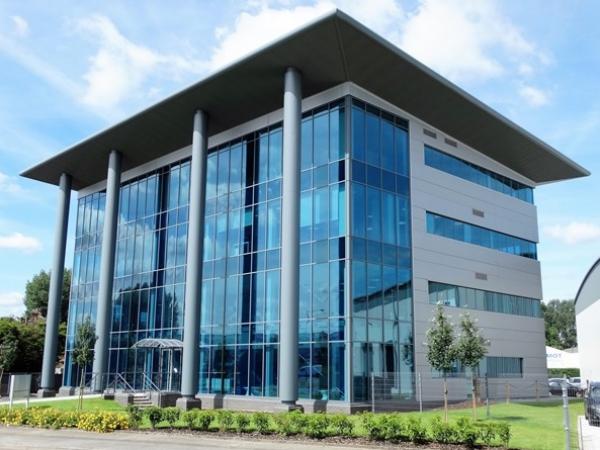 600450
600450

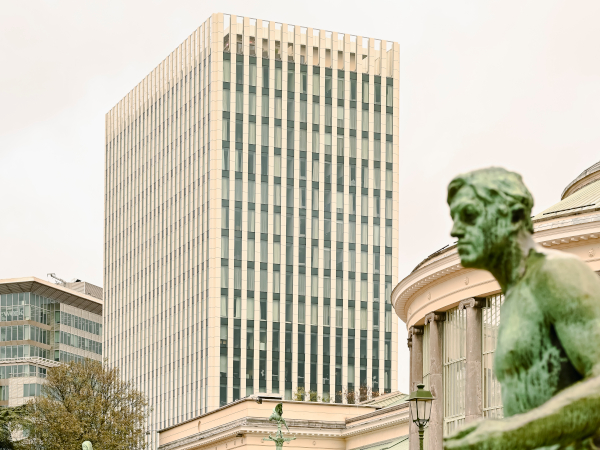
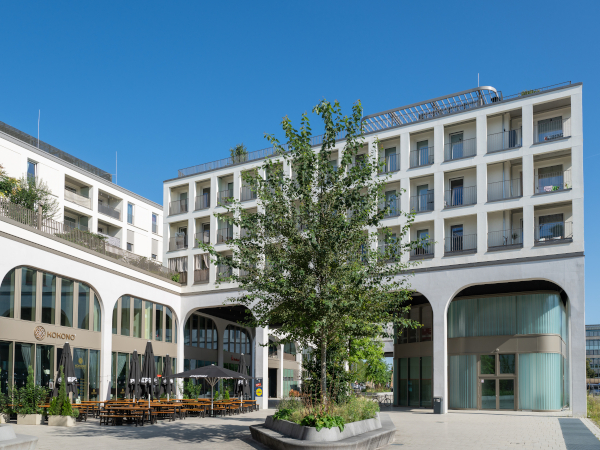
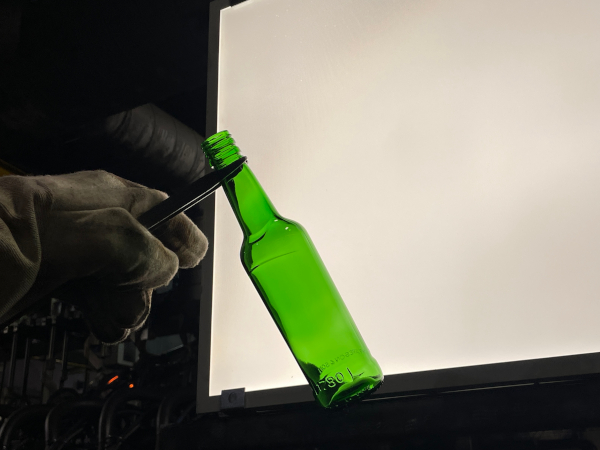

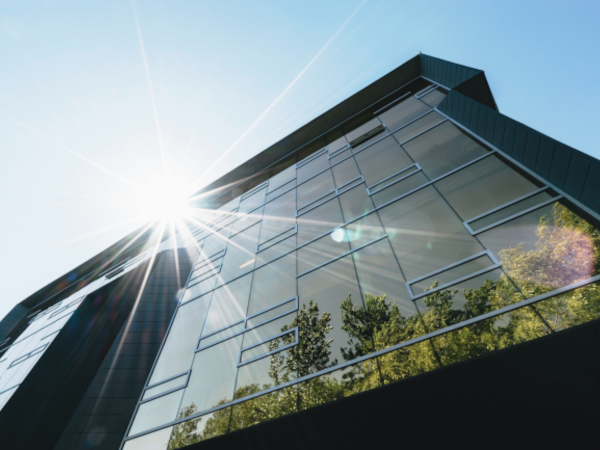














Add new comment